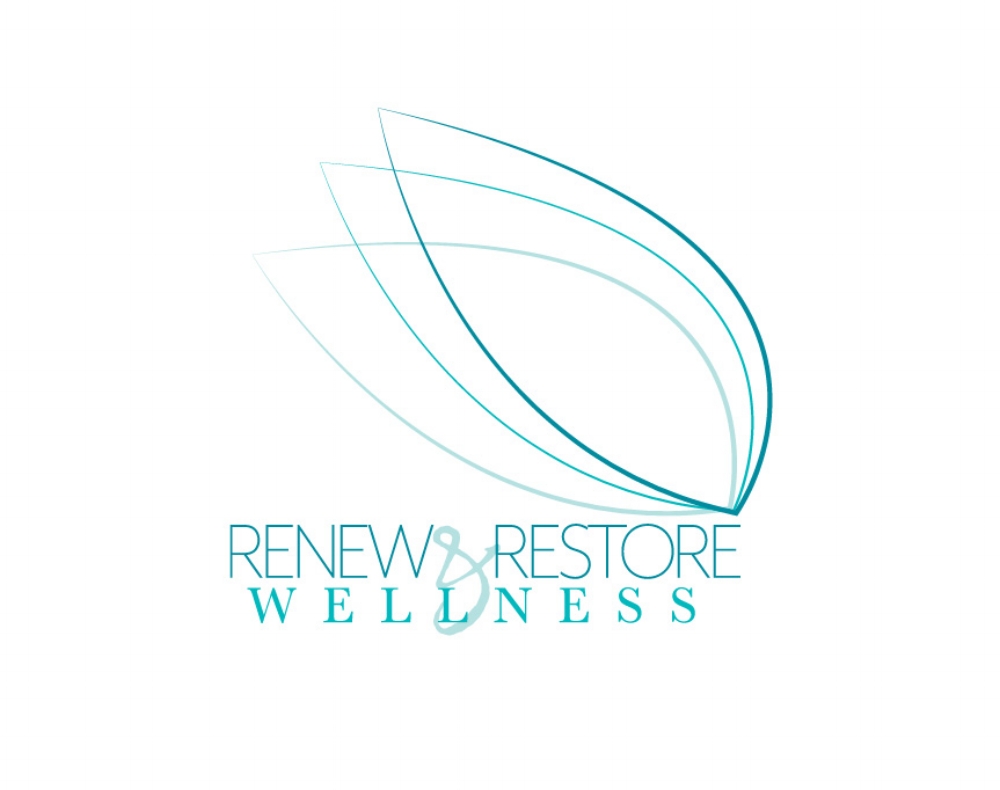Maternal Mortality Rates and How Race is a Factor
/By Dr. Nikki
While we may be hearing about it more lately, the maternal and fetal mortality rate in the black community is NOT a new issue. As a whole, the US has a higher maternal mortality rate than most other high-income countries. Now I want you to think about this… African American women (across the income spectrum and from all walks of life) are dying from preventable pregnancy-related complications at three to four times the rate of white women in the US! Severe maternal morbidity affects pregnant women across the board, but these severe life-threatening pregnancy-related complications (known as SMM) affect twice as many black women as they do non-Hispanic white women. African Americans have the highest infant mortality rate of any race in the United States which can be tied to preterm births. The death rate for black infants is twice that of infants born to white mothers. [1]
WHY IS THIS THE CASE?
Deeply-rooted structural racism in the healthcare service delivery plays a big role in these devastating outcomes. Receiving poorer quality care, as well as limited access to maternal care, results in increased levels of pain and stress which has massive physiological effects on the pregnant mom’s physical and mental well-being. These stress-induced physiological changes make black pregnant women more susceptible to conditions such as pre-eclampsia, eclampsia, embolisms, and mental health issues, threatening the mother-to-be’s life and her child’s as well.
WHAT CAN BE DONE TO CREATE CHANGE?
1. Improve access to quality care. Oftentimes counties have what are known as maternity care deserts, where access to maternity health care is either extremely limited or completely absent. This limited access can be a result of a physical lack of care or an inability for a woman to utilize it. These “deserts” occur in rural areas, but can also exist in urban areas when hospital obstetric units close in and around cities. [2] Below is a map, from 2016, that shows the different levels of access to care throughout the United States. The red on the map indicates counties where there are zero hospitals and zero OB/midwife providers. If public transportation is limited, many pregnant women in these counties are unable to get the appropriate maternal care and even if public transportation is accessible, this places strain on surrounding obstetric facilities and can hinder the quality of care provided. Strengthening the systems that are already in place, as well as providing African American women tools to utilize the maternity health care system is essential.
2. Improve the quality of care provided to pregnant women. As one of the wealthiest countries in the world, the United States could and should be doing better (in my humble opinion) when it comes to maternal and infant mortality! Programs in which providers are trained to address racism and build a more diverse workforce have an enormous impact on the quality of maternal care for black women and other women of color. Accessibility of screenings and standardized assessments also allow for the prevention and/or prompt treatment of maternal and fetal health issues.
3. Enhance support for families before and after birth. Community is essential during the prenatal and postnatal period. Resources such as birth education and doulas are pivotal in increasing support as well as improving birth outcomes. As a pregnant mother’s advocate, doulas can be instrumental in making sure moms are getting appropriate screenings and quality maternal care. Doulas also provide postnatal support and are in a position to make sure the baby is receiving appropriate testing and care.
WHAT CAN YOU DO?
You may be reading all of these alarming facts and thinking “This is horrible, but what am I supposed to do about it?” I found myself in that exact same place. I recently read the book “Untamed” by Glennon Doyle and in one specific chapter she talks about becoming a philanthropist. In this chapter, Glennon shares a quote from Archbishop Desmond Tutu that hasn’t left me, “There comes a point where we need to stop just pulling people out of the river. We need to go upstream and find out why they’re falling in.” This brings up two immediate questions, one: how can I help black mothers-to-be right now? And two: how can I help stop the root cause of the issue?
So here’s what I’ve come up with for a starting point. The Natural Way Birthing Project, located here in Fort Worth TX is a non-profit run by a black female doula named Nikia. The mission of the project is “to help lower infant mortality risk factors and nurture participating families through education, advocacy, and support during pregnancy and beyond.” The goal of Natural Way Birthing Project is to assist in educating, empowering and navigating resources for project participants and expectant families in the city of Fort Worth and surrounding Tarrant County. [3] Through the support of donors who want to see a change, Nikia has been able to provide 12 full scholarships and 15 partial scholarships for membership and training of birth educators and doulas, as well as provide each participant with a manual. She is also able to provide a free birth education class to expectant moms and their support person once a month. To learn more about this class click here.
If you don’t live in the DFW area and would like to contribute at a more local level for your community, please check out Birthing Project USA to find a project near you. I am beyond excited to support these volunteers who are the hands and feet in our community and are truly doing the work.
“We must become the change we want to see in the world.” ~ Mahatma Gandhi
RESOURCES
1) (May 2, 2019) Eliminating Racial Disparities in Maternal and Infant Mortality. Retrieved June 24, 2020. https://www.americanprogress.org/issues/women/reports/2019/05/02/469186/eliminating-racial-disparities-maternal-infant-mortality/
2) (2018) Nowhere to go: Maternity Care Deserts Across the US. Retrieved June 24, 2020. https://www.marchofdimes.org/materials/Nowhere_to_Go_Final.pdf
3) Retrieved June 25, 2020. http://thenaturalwaybp.org


